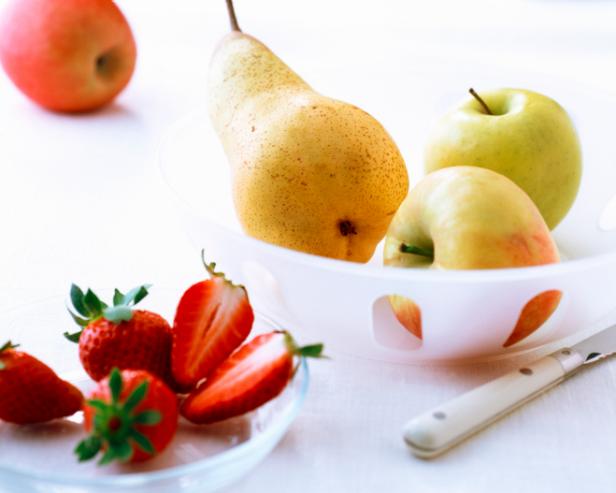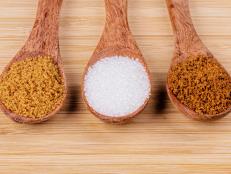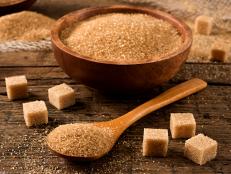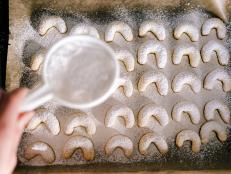This Week’s Nutrition News Feed

In this week's nutrition news: There's no sugar-coating a new study on heart disease; scientists back every mom who has ever nagged about breakfast; and -- who cares? -- most people don't believe a word of dietary advice, anyway.
A new study released this week in the Journal of the American Medical Association Internal Medicine found that sugar fiends may be in for more heart trouble than they realize. The study observed an association between higher sugar consumption and risk of death from heart disease. But added sugar isn't found only in sweet foods like soda, cakes and ice cream. Researchers cautioned that savory foods like salad dressing also contain added sugars.
The Centers for Disease Control and Prevention are calling for restaurants to join forces with local health departments to reduce sodium in restaurant meals. On average, fast-food joint dishes contain 1,848 milligrams of sodium per 1,000 calories, while sit-down establishments contain 2,090 milligrams of sodium per 1,000 calories. (Word to the wise: The recommended limit is 2,300 milligrams of sodium per day.) In Philadelphia, dietitians brought in to analyze restaurant menus helped lower sodium levels in recipes by 20 percent.
Establishing healthy eating habits early in life -- or not -- can have long-term effects. A new study conducted in Sweden and published in Public Health Nutrition found that teens who ate an unhealthy breakfast had a higher incidence of metabolic disorder as adults. Researchers asked students to complete a survey about what they ate for breakfast and followed up with them close to 30 years later. Youngsters who had eaten a poor breakfast were 68% more likely to have metabolic syndrome as adults.
If you think most nutritional advice is conflicting -- wait, what? A recent study published in the Journal of Health Communication: International Perspectives surveyed 631 people who participated in the 2010 Annenberg National Health Communication Survey. More than 71% of those surveyed said they heard moderate or high levels of contradictory information about nutrition. The more someone was confused, the less they believed in any nutrition advice, even from governing bodies that rely on years of collective scientific data.
A small study found that men made healthier food choices after high-intensity workouts. The study, published in the American Journal of Clinical Nutrition asked 15 men to run for one hour at a specific intensity level. Afterwards, researchers showed them photos of less-than-healthy foods, such as burgers and pizza, and healthy ones, including grapes and carrots. Brain imaging showed reduced activity level in the insula (also known as the primary taste cortex) after seeing high-calorie foods, and increased level after viewing the healthier fare. Researchers concluded that thirst may play a role, and that men may have preferred the fruits and vegetables for their higher water content.
Toby Amidor, MS, RD, CDN, is a registered dietitian and consultant who specializes in food safety and culinary nutrition. See Toby's full bio »


































